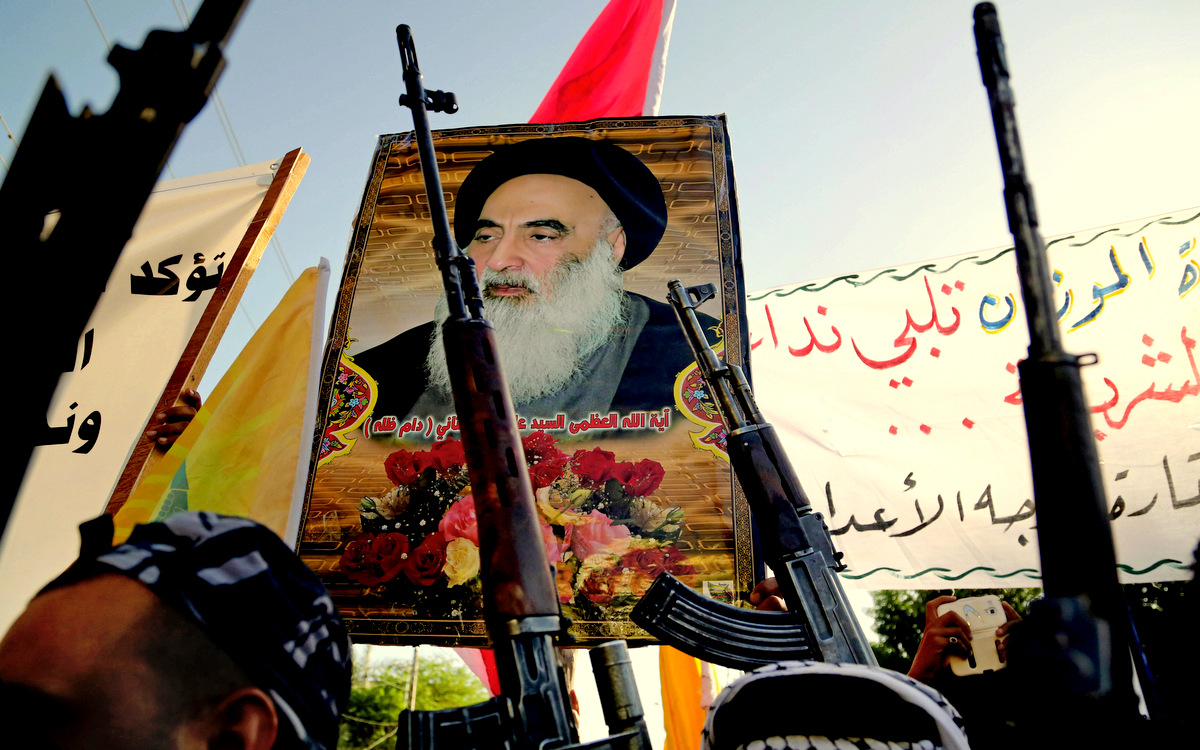
RNA - According to Mint Press News, Ayatollah Sistani called on the Shia-led government to keep Iraq united and reconcile with Sunnis. But he has also declared that foreign powers should not interfere in Iraq’s political affairs.
“All political leaders of the country must be aware and awake to prevent the external assistance against the Islamic State from becoming an entrance to breach Iraq’s independence,” Ayatollah Sistani’s spokesman said during a Friday sermon in the southern city of Karbala on Sept. 19. “Cooperation with the international effort shall not be taken as a pretext to impose foreign decisions on events in Iraq, especially military events.”
During Friday prayers on Oct. 3, Sistani’s representative called on the government to avoid building a new Iraqi national guard on the basis of sectarian or ethnic identity — a problem that undermined the current Iraqi security forces.
“There must be careful selection with regard to sectarianism or ethnicity within the national guard, so that it does not generate feelings among the enlistees that they are defending only certain sects,” the ayatollah’s spokesman said.
Ayatollah Sistani arose as a quiet but implacable leader during the American occupation of Iraq. He usually calls for moderation and calm: Even at the height of Iraq’s sectarian civil war, when Sunni militants destroyed the Askariya Shrine in Samarra in February 2006, Sistani did not appeal for his followers to take revenge.
The ayatollah had been relatively quiet since the American military withdrawal in 2011. But in early June, IS fighters captured Mosul, Iraq’s second largest city, and announced that they would march onto Baghdad and the Shia heartland in southern Iraq.
In response, Ayatollah Sistani issued a call to arms urging all able-bodied Iraqi men to join the security forces against IS and other jihadists. He also played a leading role in persuading Iraq’s political elite to replace the divisive Nouri al-Maliki as prime minister.
R111/108/C/